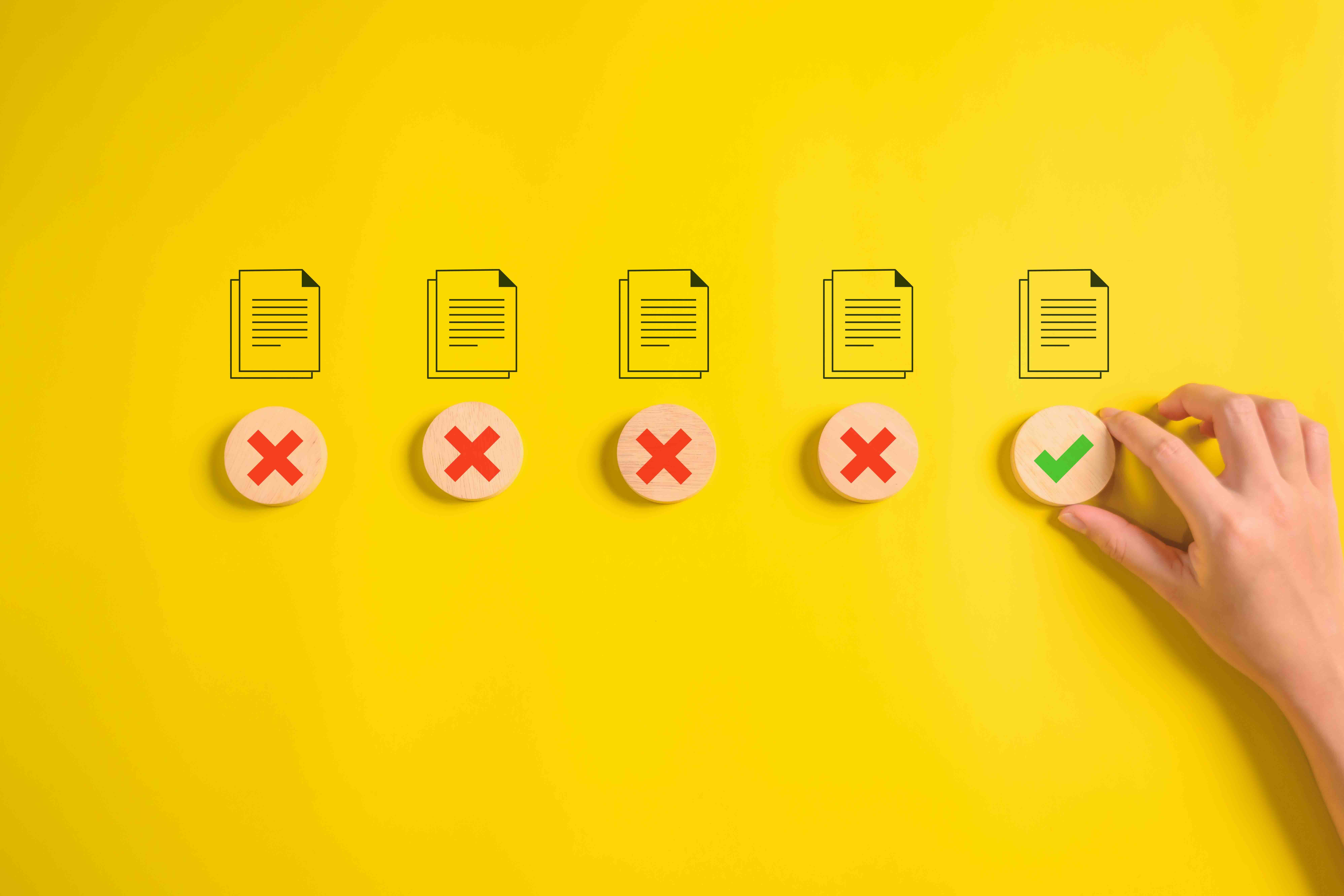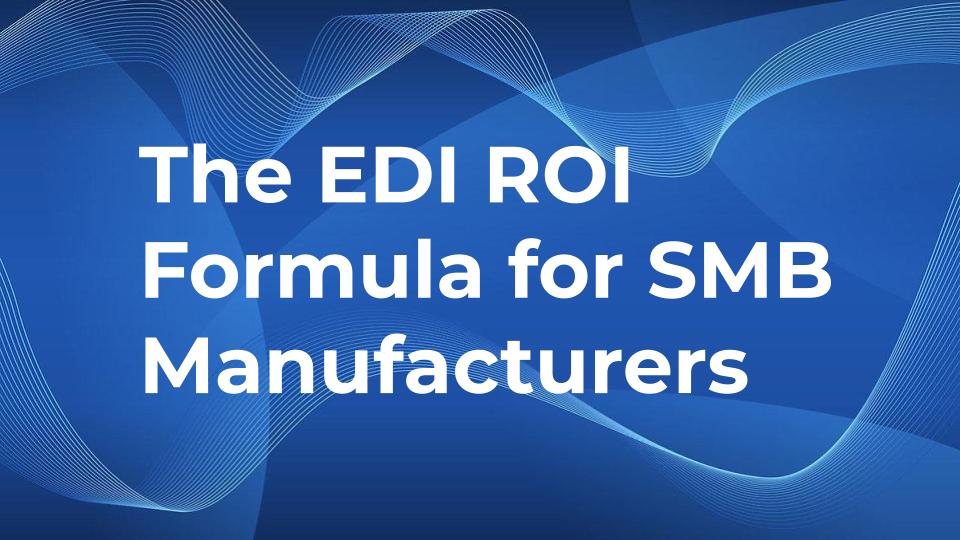
EDI is what keeps the essential grocery and supermarket industry moving.Even though the past year has been challenging, I've learned meaningful lessons about slowing down, the adaptability of my kids, and the importance of essential workers.For example, I gained a deeper appreciation for the grocery store employees who kept the food on the shelves, sanitized everything in sight and filled curbside orders when we had to limit our outings. The grocery and supermarket industry is one we just can't live without.So, what makes up this essential business? According to market and consumer data provider Statista (www.statista.com), the industry includes foods sold at grocery stores, convenience stores, drug stores, mass merchandisers, and food service facilities. Walmart, Kroger, and Walgreens are a few of the leading grocery retailers, but due to the individual needs of various neighborhoods, demand for local, independent grocers remains strong as well.Statista reports that in 2019, the U.S. spent $6.22 trillion in the food retail industry, with the average household shelling out $8,169 for the goods.EDI is what keeps the shelves at the grocery stores stocked with the right amount of Rice Krispies, bananas, and orange juice. EDI stands for electronic data interchange, which is just a fancy way of saying sharing documents in a common virtual format. (To learn more about how EDI works, click here.)Let's explore the ways EDI shapes the grocery industry.
The competition in the grocery industry is plentiful. To be successful, suppliers need EDI. There are far too many vendors to choose from; Meijer will simply go with a different provider if a partner falls short. But here's the thing: Success is right around the corner after investing in an EDI platform like BOLD VAN. And that success will be realized both quickly and for the long haul.
Not being able to find a specific item on the grocery shelf is very frustrating for the consumer. Suppliers don't want their customers to feel that annoyance, and they certainly don't want shoppers to find a replacement from a competing brand.With EDI, the shelves stay stocked. Your product gets to its destination on time because advanced ship notice (ASN) messages are constantly exchanged between partners. The ASN is an EDI document that details shipping status and what products are contained in the shipment. ASNs verify that the merchandise being sent by the supplier matches up with the store's purchase order. If there's a disagreement, a vendor is notified ASAP, and the situation is fixed.This level of information helps both suppliers and supermarkets to stay competitive. Grocery store chains are able to better manage inventory, margins, and supplier relationships. They can easily see if a supplier is falling short, and which ones are (literally) delivering the goods.
In the event of serious problems such as an e. coli foodborne outbreak, EDI allows grocers to react accordingly: They can trace the offending item back to its source and cease all shipments immediately. They are able to get these items off the shelves and track the number of stores they were shipped to, and product recalls are put in place. EDI controls the crisis before it gets out of hand; this level of traceability would be impossible without it.
The COVID-19 pandemic has forced many grocery stores to up their technology game. For me, online ordering, curbside pickup, and grocery deliveries went from a nice option when I was in a pinch to a necessity in March 2020. This option kept people out of the stores and helped reduce the spread of germs.Even though we can now shop safely with masks, I continue to find myself purchasing groceries online for curbside pickup. It's great to have all of my frequently used items right in front of me, and searching for a hard-to-find product, like almond paste, is made easy. (Kroger, for example, has the option of shipping an item to you if it's not in stock at your local store.)All of these advances wouldn't be here without the help of EDI — it keeps the physical shelves stocked and the online presence up-to-date.
EDI provides valuable inventory information for suppliers. For items such as dairy, meat and produce, timing is vital due to their limited shelf life. Vendors need to know when they can restock items in order to be profitable. Without EDI, these suppliers are at a disadvantage. Suppliers can keep track of trends accurately to be able to stock the correct amount of eggs each week.
EDI is imperative for the non-perishables, too. Suppliers can see when their goods hit the shelves, and schedule the next shipment perfectly. Without an EDI system, suppliers would have to do more work to find out when the shipments arrived and how many have sold. True, the information is all out there, but EDI puts it all right in front of you, for every single item you produce.
As I've stated in previous blog posts, EDI is critical for completing purchase orders accurately — the first step to getting products on the shelves. When a PO is initiated through EDI, the item number, price, and other data is populated automatically. Accidentally typing the wrong quantity or transposing a digit in the item number doesn't happen with EDI.
If you are in the market for an EDI system or if you're unhappy with your current EDI vendor, we make it simple. You'll be in good hands as we implement our system quickly and seamlessly. To find out how to get started, contact BOLD VAN by calling 844-265-3777 or emailing info@boldvan.com.

Clear breakdown of EDI VAN pricing models and how to eliminate surprise trading partner, mailbox, and overage fees. Learn how transparent pricing improves forecasting and budget control.

Learn how to read an EDI 997 Functional Acknowledgment fast, decode AK9, AK3, and AK4 errors, and fix rejections before they impact cash flow or compliance.

SMB manufacturers can quickly calculate the ROI of switching to an EDI system by comparing the detailed costs of manual processing against significant labor and error reductions. Discover a practical, step-by-step model that highlights measurable financial and operational benefits, making it easier for decision-makers to see real savings and improved efficiency.